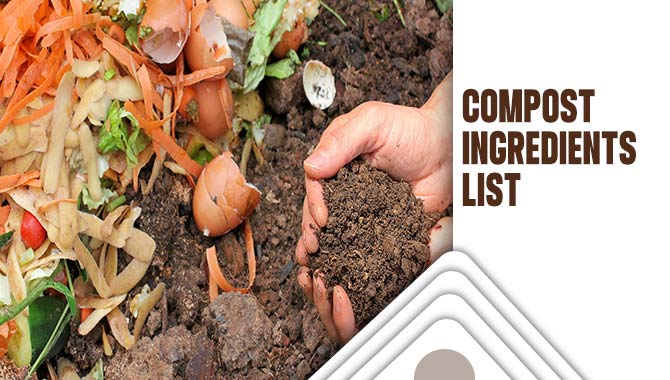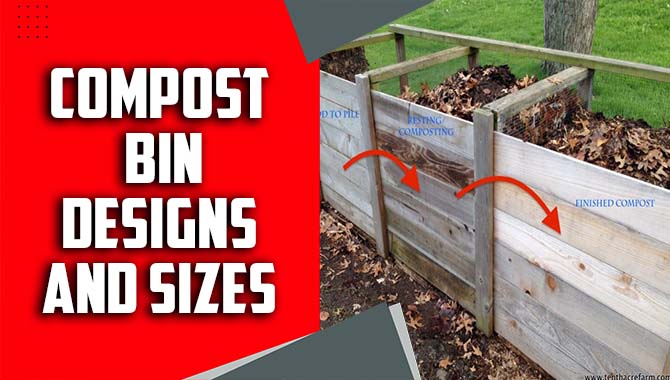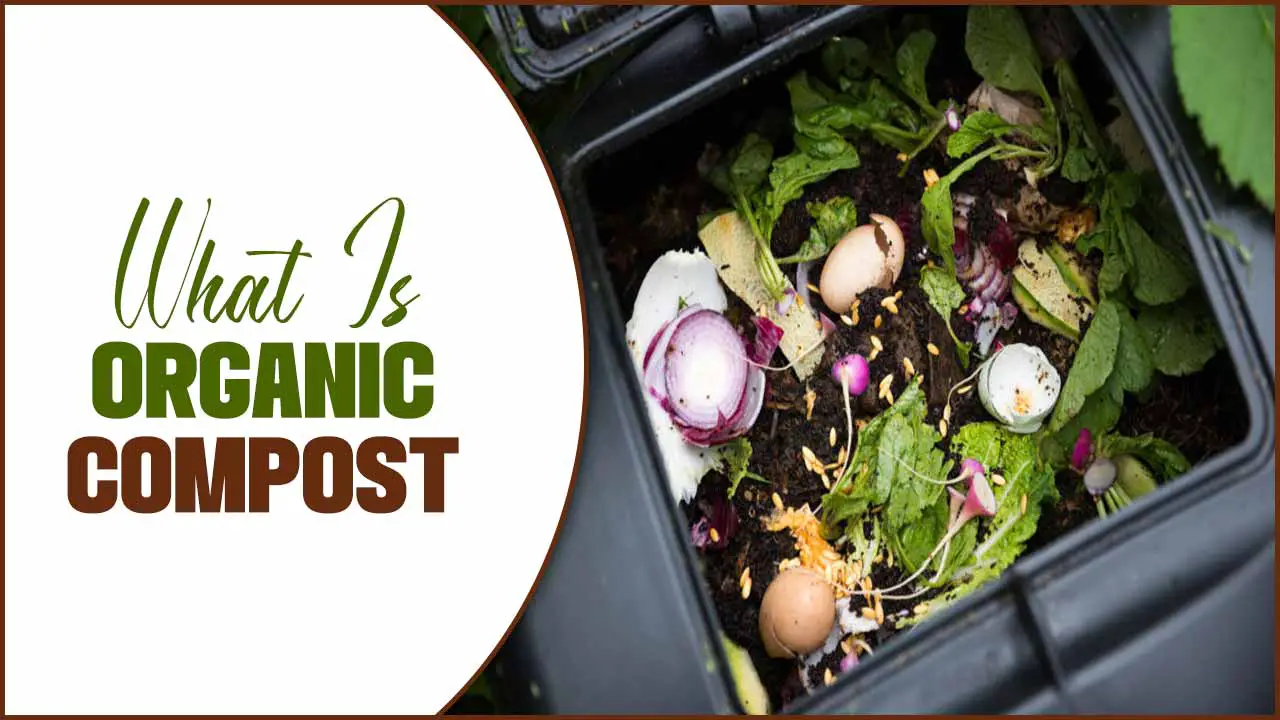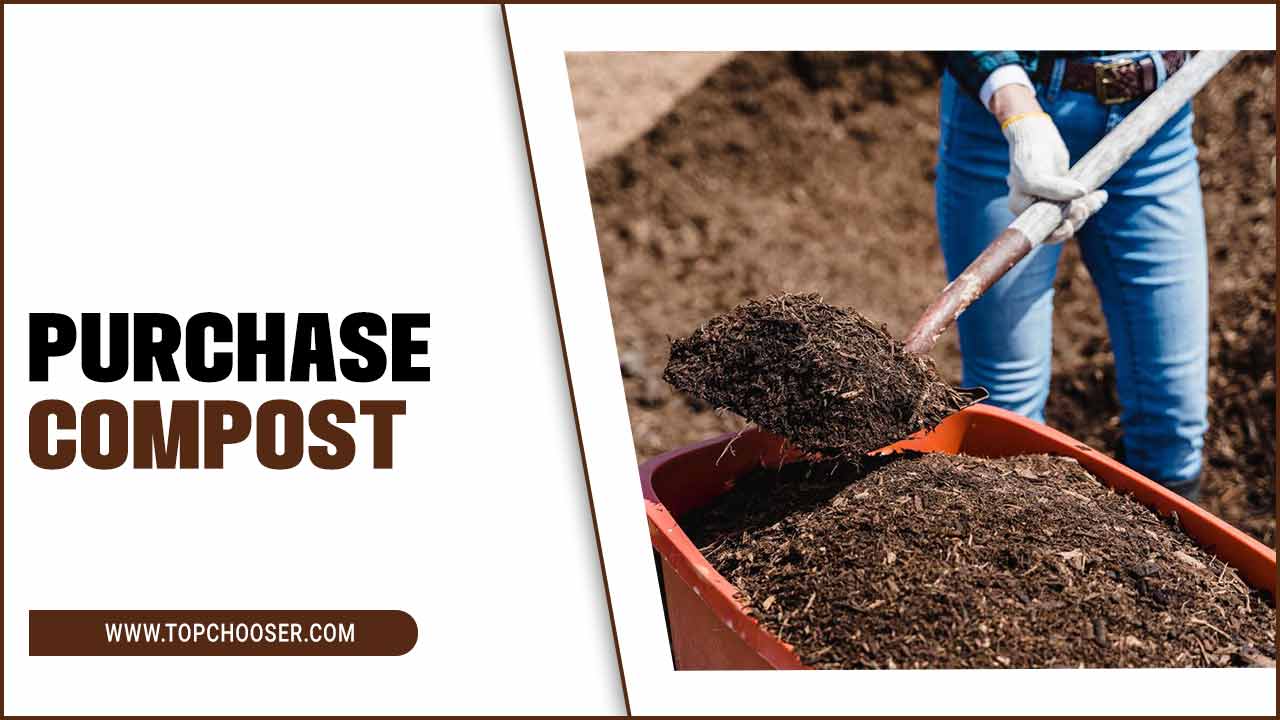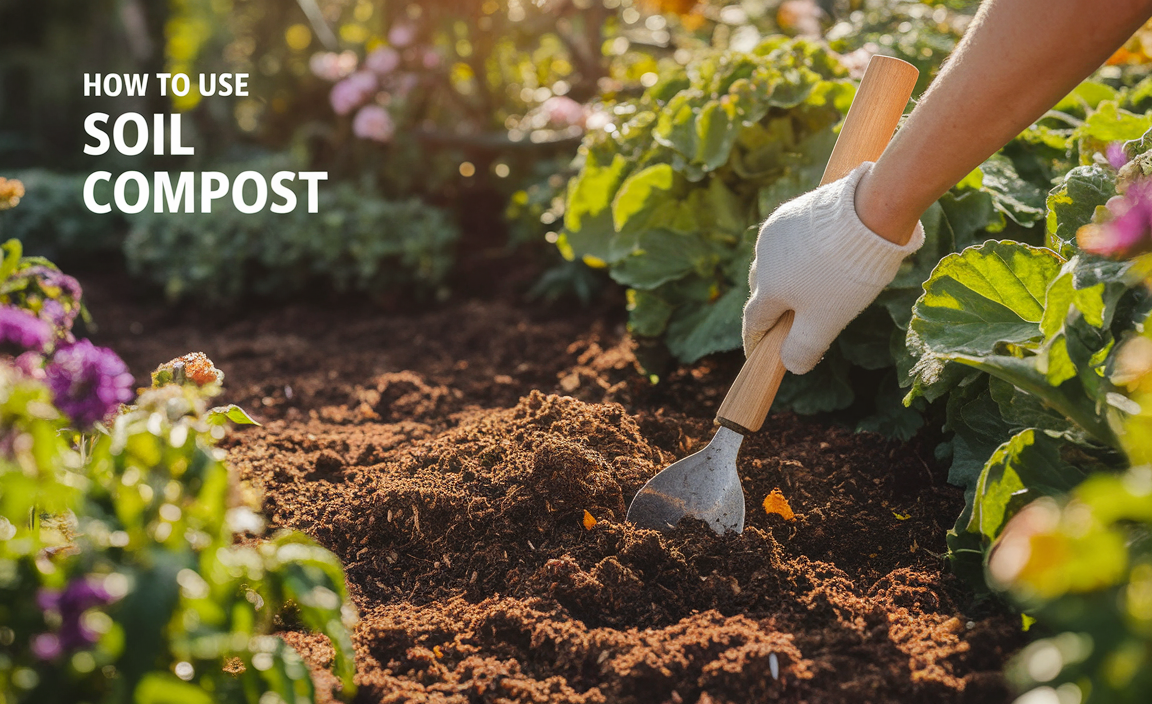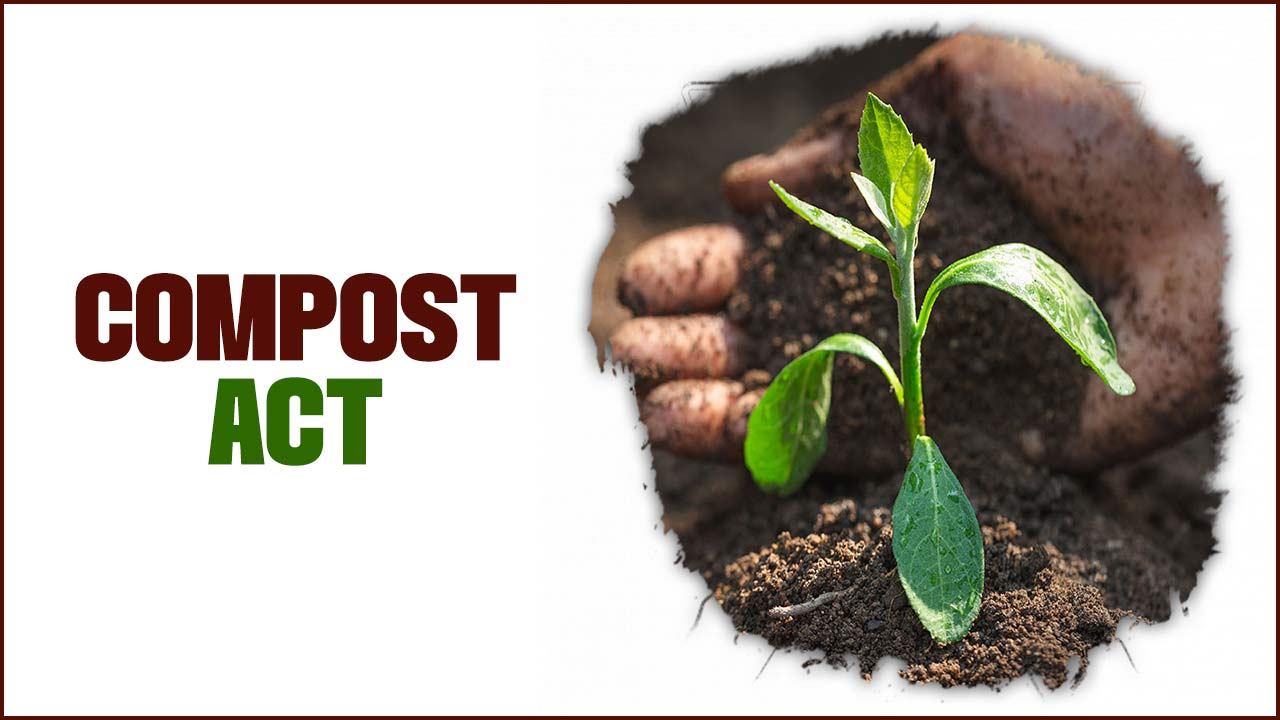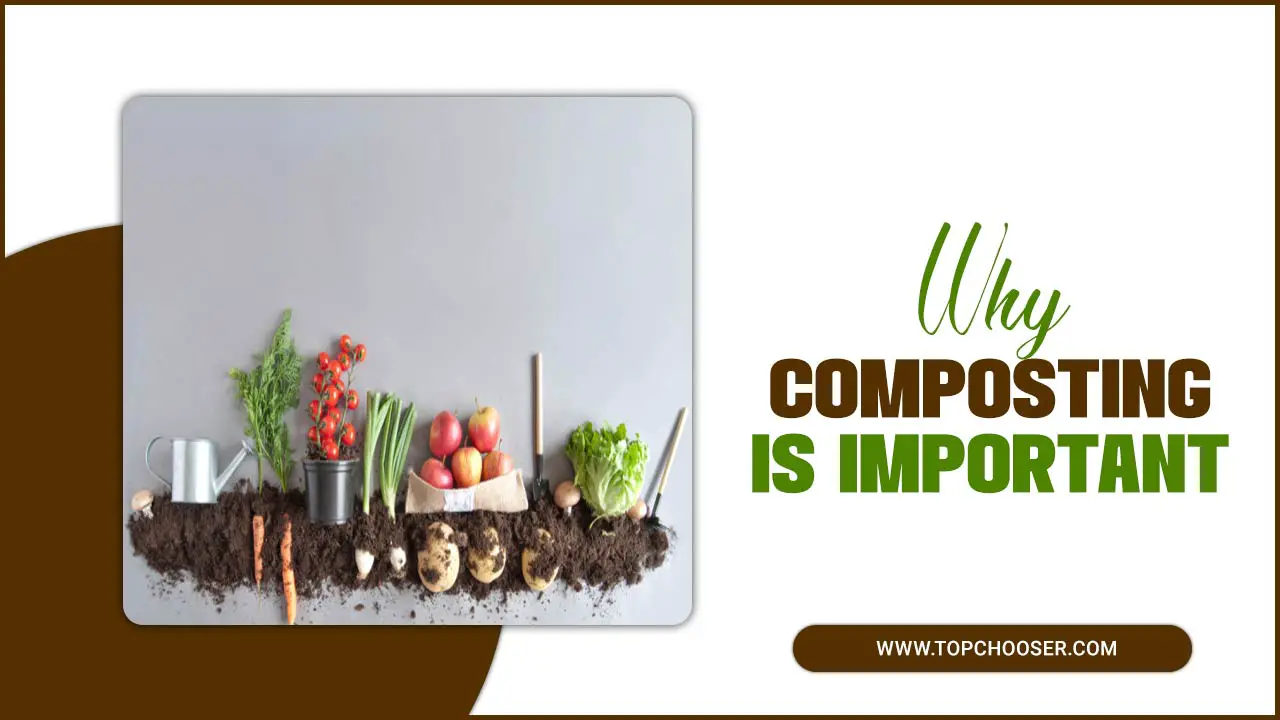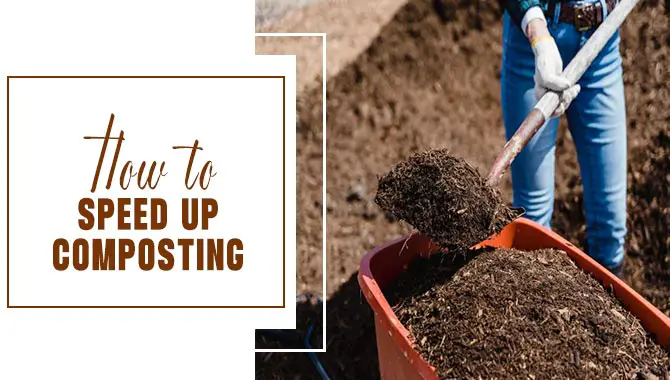Composting is a process that involves decomposing organic waste, such as food scraps and yard waste, to create a nutrient-rich soil amendment.
It’s an environmentally-friendly way to reduce waste and improve soil health, but is it really good for the environment? The answer to this question is a resounding yes. Composting is an effective way to divert organic waste from landfills, which can emit harmful greenhouse gases that contribute to climate change.
Additionally, composting can reduce the need for synthetic fertilizers, negatively impacting soil health and water quality. By composting, we can promote sustainable practices and reduce our carbon footprint.
However, some misconceptions about composting still need to address. Some people believe that composting can attract pests or produce unpleasant odours. Following proper composting techniques can prevent these issues, although they can occur if composting is done improperly. Additionally, some people may not have the space or resources to compost at home
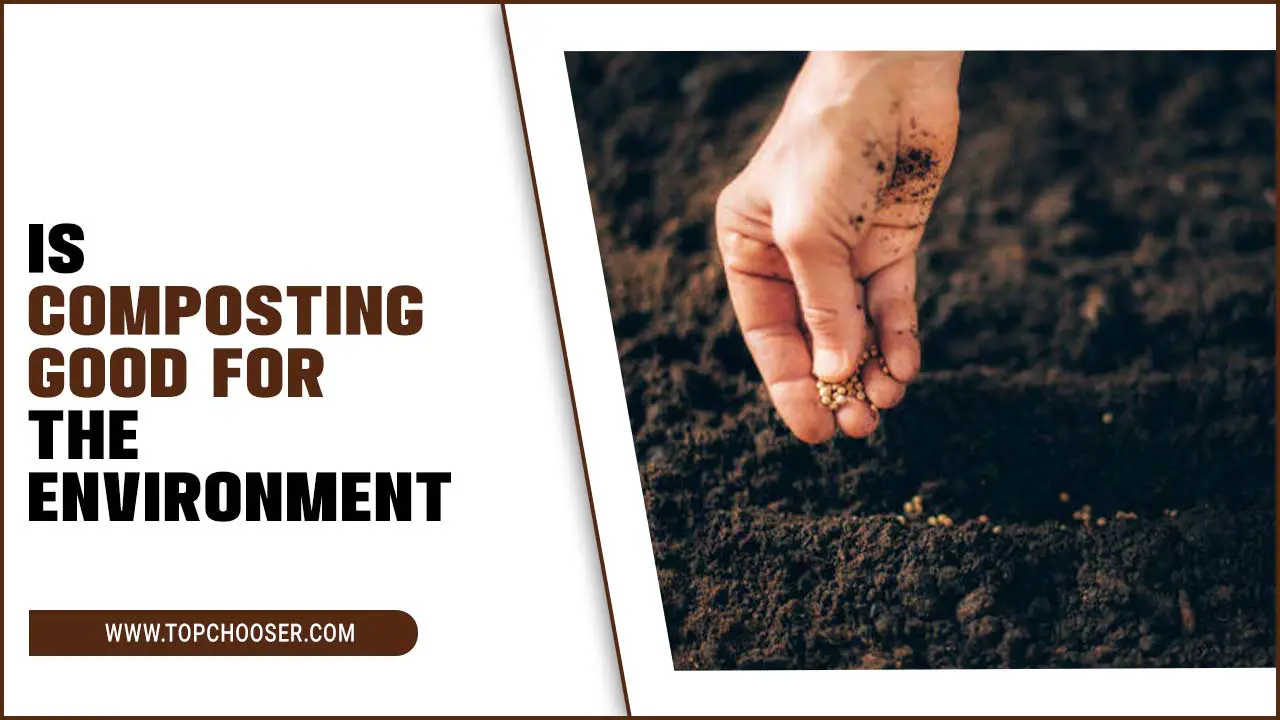
Is Composting Good For The Environment – [Easy Step-By-Step Guide]
![Is Composting Good For The Environment - [Easy Step-By-Step Guide]](https://topchooser.com/wp-content/uploads/2023/07/Is-Composting-Good-For-The-Environment-Easy-Step-By-Step-Guide.jpg)
Composting is an excellent way to reduce the amount of waste in landfills and is good for the environment. Composting helps reduce greenhouse gas emissions and conserves landfill space by turning organic waste into nutrient-rich soil. Landfills produce a significant amount of methane, a potent greenhouse gas contributing to global warming.
When organic waste is composted, it breaks down naturally and produces carbon dioxide instead of methane, which is less harmful to the environment. Composting soil has many benefits, including improving soil health, reducing erosion, and conserving water. Using compost in agriculture can help reduce the need for chemical fertilizers that harm the environment..
Composting also reduces the amount of waste that must transport. And disposed of in landfills, which can help reduce greenhouse gas emissions associated with transportation.
Yes, composting is indeed good for the environment. It is a natural process that transforms organic waste materials, such as food scraps. And yard trimmings into nutrient-rich soil called compost. Here’s an easy step-by-step guide to help you start composting:
Choose A Composting Method
Composting is an excellent way to recycle organic waste and turn it into nutrient-rich soil for your garden. However, choosing the right composting method can be overwhelming, as various options are available. The first method is the traditional composting method, which involves creating a pile of organic waste. And allowing it to decompose naturally over time.
This method requires space and can take up to a year to produce usable compost. The second method is vermicomposting, which uses worms to break down organic material in a bin or container. This method is ideal for those with limited outdoor space; the compost is ready in just a few months. The third method is hot composting, which involves creating a pile of organic waste that heats up and breaks down quickly.
Select A Composting Container
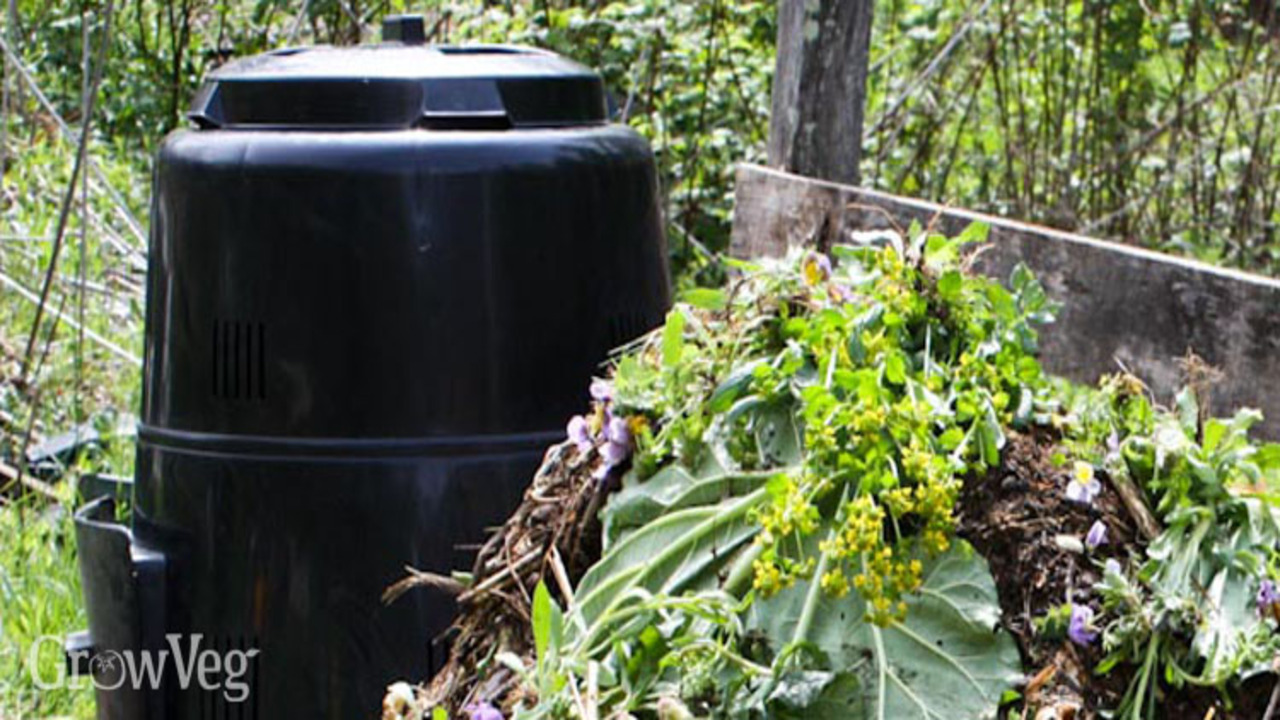
When it comes to composting, choosing the right container is essential. There are various composting containers to choose from, including tumblers, bins, and open piles. If you have limited space in your yard or prefer a more discreet composting option, a tumbler might be your best choice. Tumblers are enclosed and easily rotated, allowing for efficient and odour-free composting.
Bins are another popular option, and they come in various sizes and styles to fit your needs. Some bins have multiple compartments for separating different materials, such as food scraps and yard waste. However, an open pile might be the most practical choice if you have a larger yard or garden. Open piles require no container and can simply lay organic materials in a designated spot.
Gather Organic Waste Materials
In today’s world, waste management has become a pressing issue due to the increasing population and the consumption of goods and products. Gathering organic waste materials is one of the most effective ways to manage waste. Organic waste materials include food waste, yard trimmings, leaves, and other natural materials that can decompose.
The process of gathering organic waste materials is not only beneficial for the environment but also has a positive impact on people’s health. By gathering organic waste materials, we can reduce the amount of waste that goes to landfills, which can decrease greenhouse gas emissions.
Moreover, organic waste materials can use to produce compost, a natural fertiliser used in agriculture. Compost helps to enrich the soil, improve plant growth, and decrease the need for chemical fertilizers.
Layer The Materials
When creating a sturdy and durable structure, it’s important to layer the materials properly. This is especially true in construction, where the strength of a building can compromise if the materials are not layer correctly.
The layering process involves placing one material on top of another in a specific order, ensuring that each layer provides a certain level of support and protection. For example, in building a house, the foundation is the first layer, followed by the walls, roof, and exterior finish. Each layer must be carefully placed and secured to ensure the integrity of the overall structure.
Maintain Moisture And Aeration
Maintaining moisture and aeration is crucial for the health and growth of plants. Without proper moisture levels, plants cannot absorb the necessary nutrients and may wither and die. On the other hand, excessive moisture can lead to root rot and other fungal diseases. Aeration, or the movement of air around plant roots, is also important as it allows for the exchange of gases and the absorption of oxygen.
Soil that is too compacted and lacks aeration can suffocate plant roots and stunt growth. To maintain proper moisture and aeration, it is important to choose the right soil type and check the soil’s moisture levels regularly. Depending on the type of plant and the environment it is in, watering may need to adjust accordingly.
Optional: Use Compost Accelerator
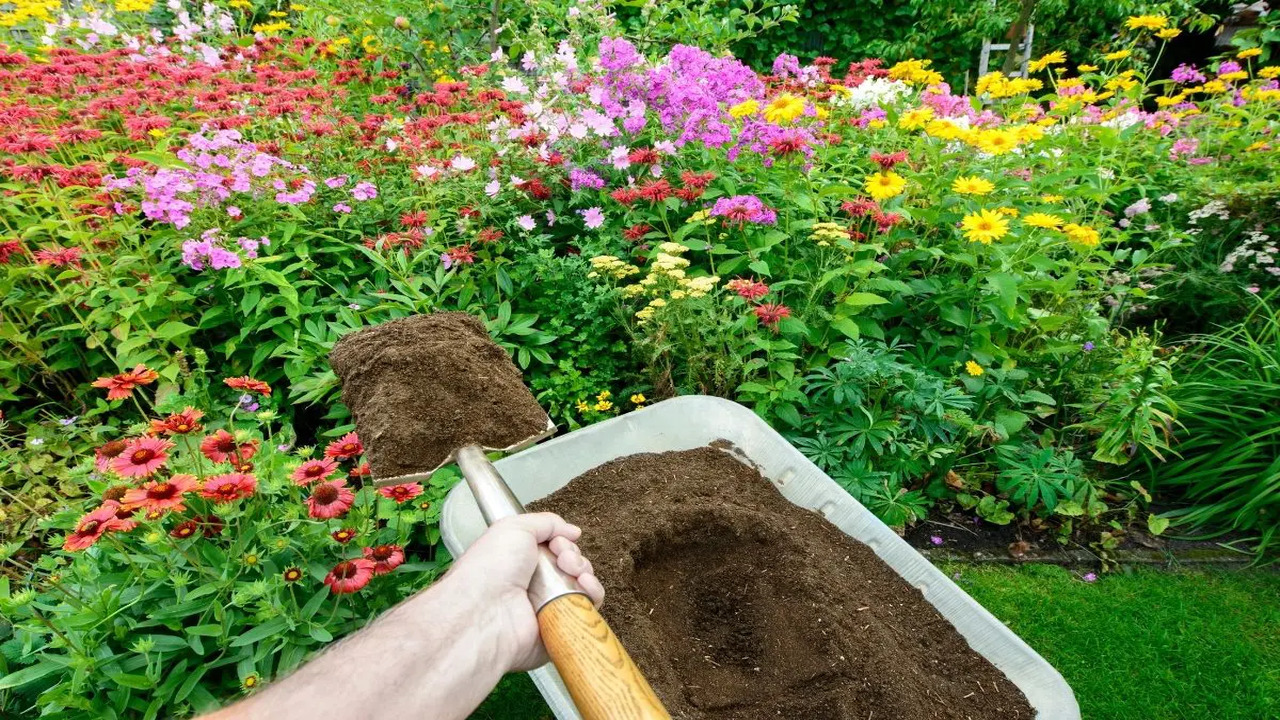
Composting is an eco-friendly and efficient method of decomposing organic matter. It’s a simple process that involves layering organic materials in a compost bin, keeping the mixture moist, and allowing it to decompose naturally over time. However, the process can take quite a while, and some people may not have the patience to wait for the compost to be ready.
That’s where optional compost accelerators come in handy. These accelerators are designed to speed up decomposition by introducing beneficial microorganisms to the mix. The microorganisms break down the organic matter faster, resulting in nutrient-rich compost that’s ready to use in a shorter period of time.
Using a compost accelerator is easy: add it to your compost bin according to the instructions and let it work its magic. With a compost accelerator, you can enjoy the benefits of composting without waiting months for your compost to be ready.
Wait And Monitor
Composting is undoubtedly good for the environment as it reduces the amount of organic waste that goes to landfills, which can emit harmful greenhouse gases. Composting is a natural process that involves breaking down organic waste into nutrient-rich soil that can use for gardening. By composting, we can also reduce our carbon footprint as it decreases the amount of methane gas produced from landfills. However, waiting and monitoring the composting process is important to ensure it is done correctly.
This means having the right balance of carbon, nitrogen, moisture, and air to facilitate decomposition. If the compost pile is too wet or dry, it may not break down properly, and if it does not have enough air, it may produce an unpleasant odour. It is also important to avoid adding certain items such as meat, dairy, and oils, which can attract pests and slow the composting process. By following these guidelines, we can ensure that composting is not only good.
Use Your Compost
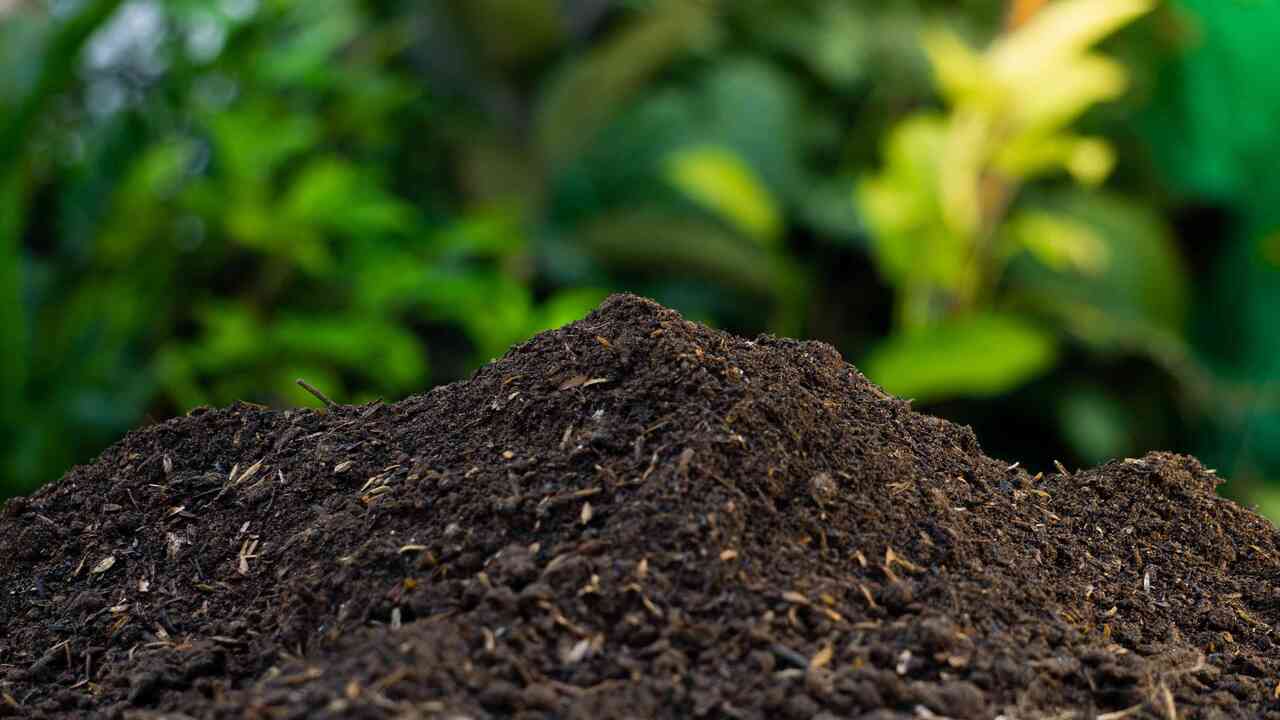
Using your compost is a simple and effective way to reduce waste and benefit the environment. Composting is a natural process that transforms organic waste into nutrient-rich soil that can use to fertilize your plants and gardens. By using your compost, you are not only reducing the amount of waste that ends up in landfills but also creating a sustainable source of nutrients for your plants and reducing your reliance on chemical fertilizers.
To get started, all you need is a compost bin or pile, which can be made from wood, plastic, or metal. Add organic waste, such as fruit and vegetable scraps, coffee grounds, and yard waste, to your compost pile. Over time, these materials will break down and turn into nutrient-rich soil that can improve your plants’ health and vitality.
Conclusion
So, is composting good for the environment? You bet your peels it is! Not only does it reduce waste in landfills and limit harmful greenhouse gas emissions, but it also creates nutrient-rich soil for plants and gardens. Composting is a simple yet powerful way to impact the environment and reduce our carbon footprint positively. So, let’s roll up our sleeves, grab our pitchforks, and get composting to help create a healthier planet for all of us!
FAQs
[rank_math_rich_snippet id=”s-1861f818-10ec-4243-a677-4b6a5df19c33″]

I am passionate about home engineering. I specialize in designing, installing, and maintaining heating, ventilation, and air conditioning systems. My goal is to help people stay comfortable in their homes all year long.

